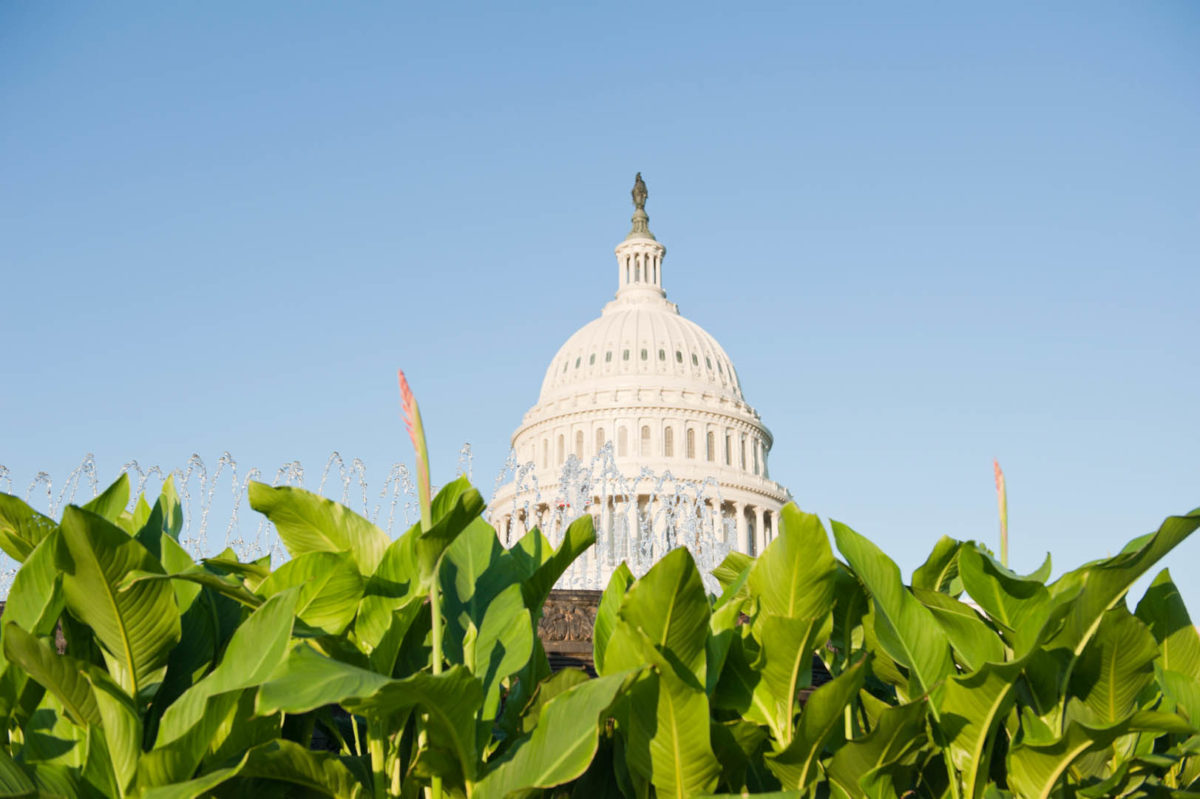by Michelle Rutter Friberg, NCIA’s Deputy Director of Government Relations
For years, NCIA has been lobbying for the SAFE Banking Act. Now, as we adjust to our “new normal,” we are trying to make lemonade out of the lemons we’ve been given and see if some provisions of the SAFE Banking Act can be attached to the next coronavirus relief package.
To that end, last week ten cannabis advocacy and industry organizations sent a letter to congressional leadership urging lawmakers to include the Secure and Fair Enforcement (SAFE) Banking Act or similar language in the next pandemic relief package which would create a safe harbor for banks and other financial services providers to work with cannabis and ancillary businesses that are in compliance with state law.
Signatories included Americans for Safe Access, Global Alliance for Cannabis Commerce, Marijuana Policy Project, Minority Cannabis Business Association, National Association of Cannabis Businesses, National Cannabis Industry Association, National Cannabis Roundtable, National Organization for the Reform of Marijuana Laws, Policy Center for Public Health and Safety, and Safe and Responsible Banking Alliance.
The coalition wrote,
“In 2019, it is estimated that sales of cannabis in the United States topped $12 billion– the vast majority of which were cash transactions. Previously, this situation created an unnecessary public safety risk and undue safety burden on state and local tax and licensing authorities who must receive and process large cash payments. Now, as recent reports show that viruses can live on cash for up to 17 days, the public safety concerns of this cash-only system compound. The lack of access to financial institutions places industry workers, government employees, and the public at-large at risk as banknotes circulate from consumers and patients to businesses to government.”
Even the lead sponsors of the SAFE Banking Act weighed in. Senate lead Sen. Jeff Merkley (D-OR) told NCIA, “Locking legal businesses out of traditional banking services—leaving them with no option but to operate exclusively in cash—has long put workers in danger. And now in the face of this pandemic, it’s making it increasingly difficult for these businesses to keep their workers and customers safe while they fight to stay afloat. The SAFE Banking Act is more important than ever to these businesses and the families who rely on them, and I’m committed to doing everything I can to get it passed.”
Congressman Ed Perlmutter (D-CO) also weighed in, stating, “Cannabis businesses and their employees already face a significant public safety risk without access to the banking system, and the COVID-19 crisis has only exacerbated this risk with these essential businesses having to move their cash-only transactions outside the store. At the same time, many of these businesses are facing disruptions in their supply chain and in normal operations and they should be eligible for relief just like any other legal, legitimate business during this pandemic. I will continue to push for inclusion of the SAFE Banking Act or other forms of relief for this industry in the next package.”
The next coronavirus relief package is set to be unveiled any day. Here at NCIA, we remain cautiously optimistic that our concerns have been heard and will be addressed. Regardless, we continue to call, email, and video message with congressional offices and remain dedicated to providing relief for our industry.



Follow NCIA
Newsletter
Facebook
Twitter
LinkedIn
Instagram
–